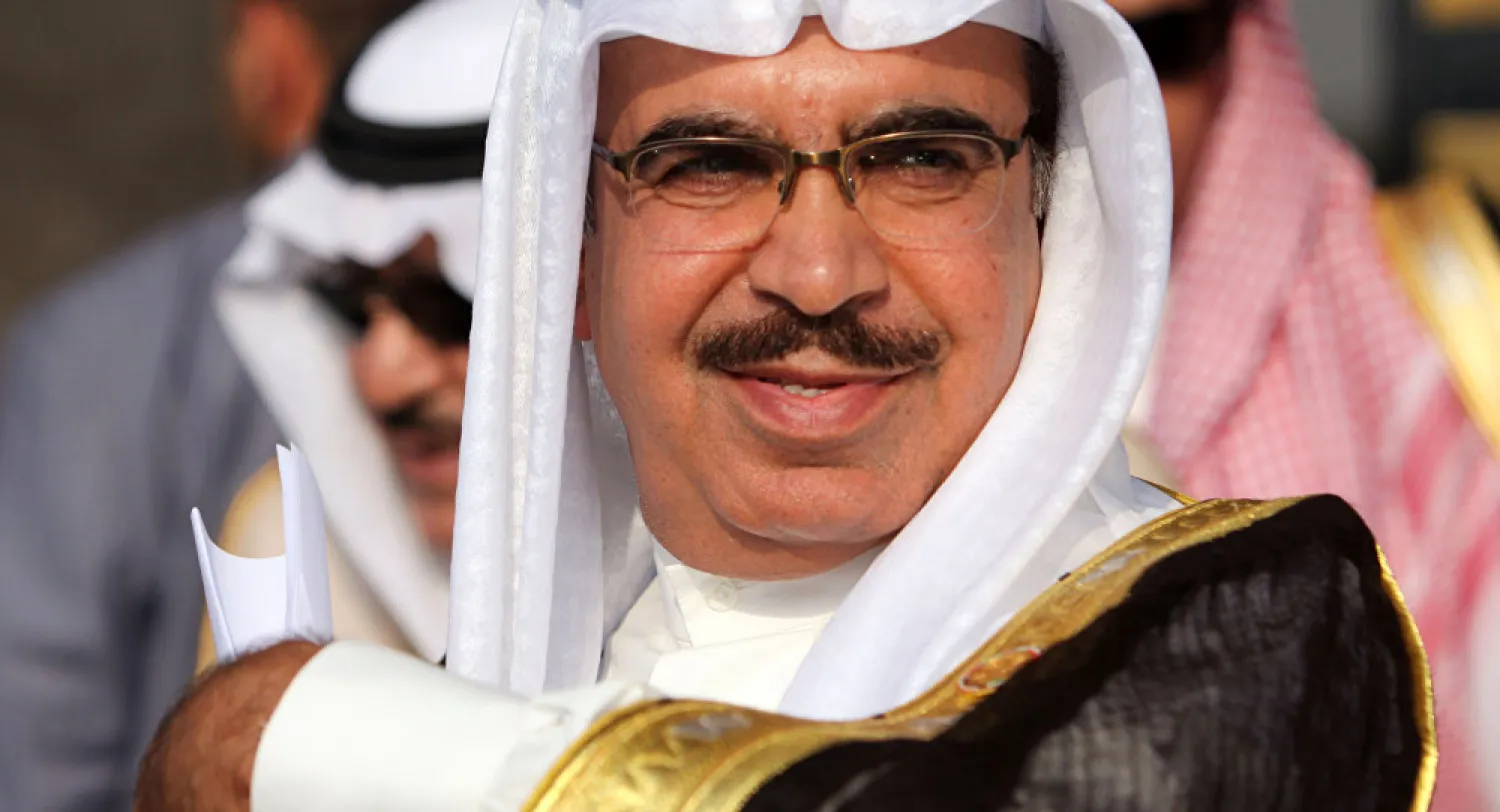Bahrain’s interior minister revealed on Sunday information that several terrorist groups were run by members in Iran, who in turn coordinate their actions with the Iranian Revolutionary Guards Corps (IRGC), Iraqi Popular Mobilization Forces (PMF) and Lebanese “Hezbollah”.
Interior Minister Sheikh Rashid bin Abdullah Al Khalifa affirmed that Bahrain will hold those persons accountable for their terrorist actions, adding that if the countries they are living in do not cooperate with Interpol, then those individuals will be stripped of their civil rights.
The minister was speaking during an event organized by the ministry as part of community partnership and reinforcement of interaction with public and popular organizations.
The security authorities carried out 105 security operations, including raids on 42 locations, arresting a total of 290 fugitives and suspects. They were referred to the Public Prosecution, which will release the details of its investigations later.
The minister also addressed recent achievements of the security forces.
In one of its most important preventative security operation, the authorities arrested 47 major terrorists, most of whom are members of the Saraya al-Ashtar, Saraya al-Muqawama al-Sha'biya and Saraya al-Mukhtar groups.
"These groups have been internationally designated as terrorist organizations and their members as terrorists, having proven to the world that they had committed terrorist acts," said the minister according to the Bahrain News Agency (BNA).
He also stated that the security forces foiled several terrorist crimes, including attempts to assassinate officials and public figures, targeting police officers, policemen and security patrols, arson and vandalism targeting oil establishments to hit the national economy and plots to disrupt national celebrations.
The security forces identified the intentions and capabilities of the terrorists, where they were trained and their areas of operation through the compilation of intelligence on a group and its affiliates inside and outside the country, according to Sheikh Al Khalifa.
The minister highlighted four important terrorist operations carried out in 2017 in Bahrain. He described the Jau jailbreak that targeted police personnel and led to the death of Policeman Abdulsalam Saif and another operation was in February when First Lt. Hisham al-Hamadi was attacked and killed. In addition to that, he also mentioned the June attack on the police patrol in Deraz, resulting in the death of Policeman Abdulsamad Haji and the injury of other policemen.
In October, the minister added, a security bus was targeted on Sheikh Khalifa bin Salman Highway and led to the death of Policeman Salman Ajam and injury of several other policemen.
With these developments, Sheikh Al Khalifa indicated that efforts have been intensified and operations coordinated to limit any escalation in the security situation. He also cited a comprehensive operation that was initiated to gather information about the active organizations and their members, in coordination with the National Security Agency and other security agencies.
"Our security mission does not end with the uncovering of a terror group and the arrest of lawbreakers. Ours is a comprehensive mission which aims to achieve security and stability across the country, and to have a comprehensive security viewpoint to understand the main reasons and motives that have a bearing on the general security situation," indicated the Minister.
Sheikh Al Khalifa addressed the dangers of targeting the Bahraini identity, as there are issues related to upbringing based on wrong doctrines, promotion of incitement, negative reports in the foreign media and a behavioral tendency to remain isolated that goes against integration, all of which work to create closed societies.
"This has prompted us to go for a strategy to reinforce the sense of belonging to the nation," he reiterated.









